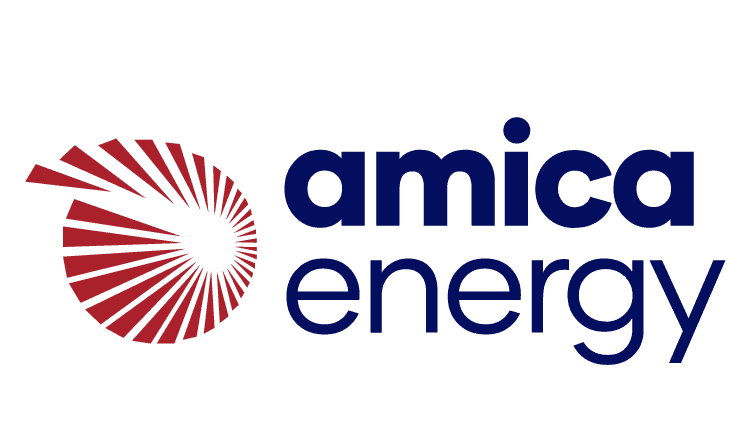
Introduction
As the world moves to renewables, solar energy is a top option for sustainable power. Those considering solar energy must know the different types of solar systems. Off-grid, hybrid, and on-grid solar systems are the three primary varieties. Everyone has a unique set of advantages, disadvantages, and uses. This blog will explore these distinctions. It will help you choose wisely for your energy needs.
On-Grid Solar Systems
What is an On-Grid Solar System?
A grid-tied system, another name for an on-grid solar system, is one that is linked to the public energy grid. This kind of system lets users use both the utility grid and solar panels for electricity. It is made to work with the grid.
How On-Grid Solar Systems Work?
Solar panels provide electricity during the day. It powers your house or business.Any extra power generated is fed back into the grid. Electricity is taken from the grid at night and on overcast days. Solar generation is at its lowest then.
Benefits of On-Grid Solar Systems
- Cost-Effective: On-grid systems don’t need batteries for storage. So, they are cheaper to install.
- Net metering: Net metering is available in many areas. It lowers your power bill by crediting you for excess energy you send to the grid.
- Reliability: You always have electricity. You’re still on the grid.
Drawbacks of On-Grid Solar Systems
- Dependency on the Grid: On-grid systems can’t run during outages without a backup power source.
- Lack of Energy Independence: The utility company meets a portion of your electrical needs.
Ideal Applications for On-Grid Solar Systems
In urban and suburban areas with reliable grid access and net metering laws, on-grid solutions are best.
Off-Grid Solar Systems
What is an Off-Grid Solar System?
An off-grid solar system doesn’t depend on the public power grid at all. This system has batteries for energy storage, solar panels, a charge controller, and an inverter. The inverter turns the stored energy into usable electricity.
How Off-Grid Solar Systems Work?
You can power your house or place of business with electricity produced by solar panels. Batteries are used to store extra electricity for usage in cloudy weather. All electricity needs must be satisfied by the solar system and battery storage because there is no grid connection.
Benefits of Off-Grid Solar Systems
- Energy Independence: Total independence from the utility grid is offered by off-grid systems.
- Remote Application: Perfect for isolated locations with erratic or nonexistent grid access.
- Environmental Impact: Uses only renewable energy sources, reducing carbon footprint.
Drawbacks of Off-Grid Solar Systems
- High initial Cost: The cost of the first installation is increased by batteries and other parts.
- Maintenance: Batteries need to be changed on a regular basis.
- Energy management: To prevent a power outage, we must control energy use.
Ideal Applications for Off-Grid Solar Systems
Off-grid solutions work well in rural areas, cottages, isolated spots, and areas with erratic grid access.
Hybrid Solar Systems
What is a Hybrid Solar System?
The advantages of both off-grid and on-grid solar systems are combined in a hybrid system. It has battery storage in addition to being grid-connected. This enables you to store extra solar energy for use in times of high demand or during blackouts.
How Hybrid Solar Systems Work?
Solar panels provide electricity during the day. It runs your house or business and recharges the batteries. Overage power is fed into the grid. The batteries’ energy generates electricity at night or during blackouts.
Benefits of Hybrid Solar Systems
- Energy security: Offers a safety net in case of power interruptions.
- Cost savings: Using stored energy at times of peak electricity rates can lower electricity expenses.
- Flexibility: Provides both off-grid and on-grid system advantages.
Hybrid Solar Systems’ Drawbacks
- Greater Initial Cost: The system’s total cost is raised by battery storage.
- Complexity: An intricate installation procedure and a greater number of components.
- Maintenance: Batteries need to be maintained and eventually replaced.
Ideal Applications for Hybrid Solar Systems
Hybrid systems are ideal for areas with unreliable grid power or frequent outages. They also suit users wanting both off-grid and on-grid benefits.
Conclusion
Depending on your location, budget, and energy needs, you can choose from on-grid, off-grid, or hybrid solar systems. For metropolitan regions, on-grid systems are simple and affordable. For isolated areas, off-grid technologies offer total energy independence. Hybrid systems strike a balance between flexibility and energy security.
With solar technology advancing, these systems are now more efficient and accessible. A good solar system can lower your energy bills. It can also help build a more sustainable energy supply.
